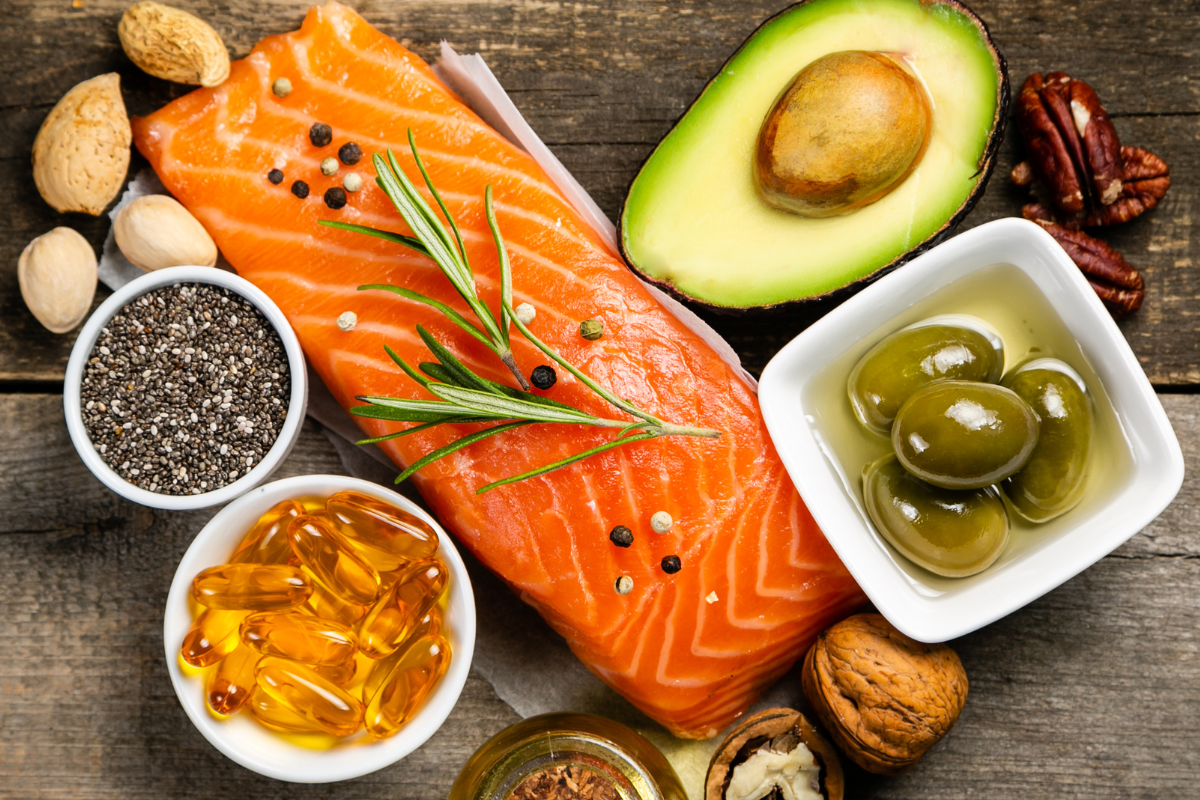What are Omega-3 Fatty Acids?
Omega-3 fatty acids, particularly eicosapentaenoic acid (EPA) and docosahexaenoic acid (DHA), are integral components of brain cell membranes. They support neuronal communication, reduce inflammation, and are vital for overall brain health. Deficiencies in omega-3s have been linked to cognitive impairments, including memory issues and an increased risk of neurological disorders like Alzheimer's disease . While the body can convert alpha-linolenic acid (ALA) from plant sources into EPA and DHA, this process is efficient for our body and so a preferable - and more effective - intake would be directly from fish or supplements.
The Role of B Vitamins
B vitamins, including B6, B12, and folic acid, are crucial for brain health. They help regulate homocysteine levels. Homocysteine is an amino acid, and when it's elevated it can be associated with an increased risk of cognitive decline. B vitamins support optimal homocysteine levels, and this can help contribute the prevention of brain atrophy and support cognitive functions such as memory and the speed that we process information.
How do the two work together to support our brain?
Interestingly, recent studies suggest that the combination of omega-3 fatty acids and B vitamins may have a synergistic effect on brain health. For instance, research indicates that B vitamin supplementation is more effective in slowing cognitive decline in individuals with higher baseline levels of omega-3s. This is just one benefit that helps us understand the importance of a combined approach to our supplementation routine to support our brain health and cognition.
Taking a supplement that includes both omega-3 fatty acids and B vitamins can be particularly beneficial for individuals at risk of cognitive decline. Such combined supplementation has been associated with improved memory, reduced brain atrophy, and enhanced overall cognitive function. This approach may also offer protective effects against the progression of mild cognitive impairment to more severe forms of dementia.
Can you do it through diet alone?
Of course, our diet is the foundation to our health and ensuring that you are getting omega-3 and B vitamins regularly through the food we eat is important and supplementation can support healthy diet choices, too. Ensuring that you are eating fatty fish like salmon and mackerel that are rich in EPA and DHA, leafy greens, legumes, and fortified cereals as these all provide essential B vitamins. If you are struggling to meet your brain's nutritional needs through diet alone, then high-quality supplements such as Noggin's product range can help to support your body and brain health.
For more tips to support the health of your noggin
Dr Clara's new book, "Heads Up: How to look after your brain so it will look after you" is available in all good bookshops and online retailers now. Packed full of actionable advice and interesting insights in how our brain works, it's a great support to help you navigate better brain health now, and in the future. Buy Heads Up now.









